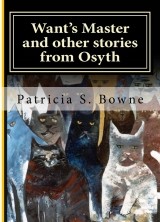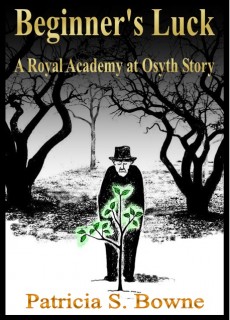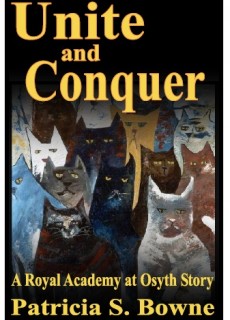Long, long ago, in a land not so very far from here, I was appointed to Curriculum Committee. I had no opinions at all about the curriculum, so I attended my first meeting with an insecure feeling. What would I ask? How would I make a contribution?
I happened to be sitting across the table from a woman who had very firm opinions about the curriculum. She paged through the course proposal in front of us, fixed its author with a gimlet eye, and said: “The outcomes you’ve specified for this course don’t seem to match the abilities you say it will teach. Would you address that?”
At the next Curriculum Committee meeting, that woman was absent. I didn’t care; she’d been there just long enough to show me how it was done. I fixed the defendant– proposal’s author with a gimlet eye and said “Could you tell us more about how the course outcomes and the abilities it’s teaching are linked?”
Thus is a ‘go-to question’ born. I’m sure the poor innocents who limped away from curriculum committee that year, licking their wounds, said to themselves “All anybody in there cares about is how the abilities and the outcomes match up.” They might even have said to themselves “Nobody in there gives a darn about whether the content is important, or whether the course is integral to the program, or whether it’ll increase graduation rates. Just whether your outcomes reflect those dad-ratted abilities!”
As time went on I developed my own opinions about the curriculum and abandoned my go-to question. I watched newer committee members pick up on some of my priorities, and treat them as go-to questions, and outgrow them. Then I was off Curriculum Committee, and life went on.
I was left with a lot of sympathy for people who face go-to questions, though. Because they’d written their proposals according to instructions, made sure they met every specified criterion, and suddenly were being judged on a bunch of different issues. When that happens to you, you have a right to be furious.
A bunch of people who use one go-to question can change the whole game without ever going to the trouble of convincing the wider community that their concerns are legitimate. This is a recipe for impotent rage and resentment. Suddenly people who had been running their lives according to one set of community standards are being judged by a new set. Where the heck did that come from? Who died and made these people gods? The resentment is even worse when you suspect that 90% of these judgy loudmouths in fact have no real experience or opinions of their own, and are parroting what they learned in their most inspiring sophomore course.
OTOH, I teach such courses (at least I hope they are inspiring), and I am indeed trying to change the world bottom-up and slip new standards into an established field when I teach my students, for instance, the RIFLE criteria of renal dysfunction. I’m fortunate that my chosen field has lots of avenues for formal discussion of such standards, and that I can point to international task force recommendations when somebody asks who died and made me god.
What prompted these reflections was a review I read this morning of a book about books. It picked on the authors because only 30% of the books they mentioned were by women, and it came on top of a rash of posts from other sources about how many women were on conference panels – posts that mentioned nothing about the content of the conferences. It reminded me of the old joke about tenure portfolios and number of publications (“[insert administrator of choice] can’t read, but they can count”).
I am tired of this go-to question. I’m a woman, I teach women, and I want them included because and when their contributions are valuable and relevant. If a critic can’t be bothered to evaluate the conference topic, or the book’s underlying purpose, then his or her opinion on whether women should have been included is worthless. And it does no favor to the women being championed, when the person arguing for their inclusion cannot give one single detailed example of how or why their work deserves it.
If women’s work deserves attention – and I believe that it does – let’s pay attention to its content, not just reduce it to numbers. The story out there is that critics can read as well as count.








